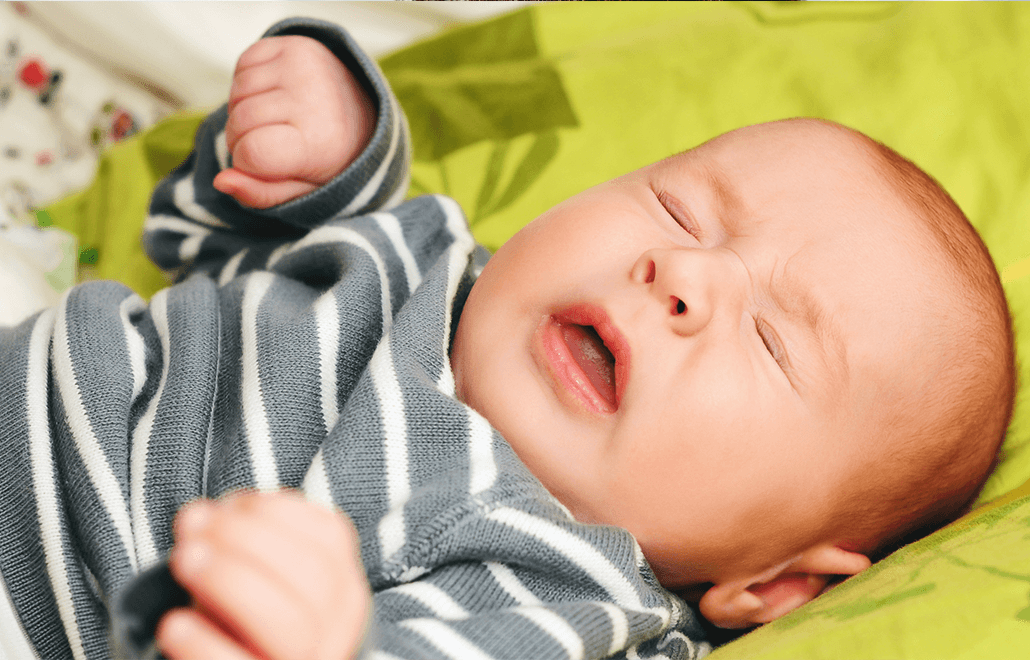
04 May Children’s Coughing—When It’s Time to Call A Doctor
As a parent, chances are you are used to hearing plenty of coughs, sneezes, and sniffles from your little ones. However, while coughing, in general, may be relatively normal, there are certain coughs that seem more serious than others, and these more serious coughs can be a sign of a virus or illness that requires medical attention.
The good news is, that while a cough can be a sign of a serious illness, sometimes it can also be completely harmless and won’t require treatment.
So how do you know when it’s time to call a doctor for your child’s cough? Here are some of the most common types of childhood coughs—and how to respond to them.
When It is Time to See a Pediatrician
While there are plenty of harmless coughs out there, there are also some more serious coughs as well. These types of coughs may be indicative of something more serious and you should call your child’s pediatrician for further care.
- Short and Fast Cough. Also known as whooping cough or pertussis, this is a serious infection that can impact any person, but it is quite serious for children under one year old. Whooping cough is a fast and short type of cough with a “whooping” sound that comes from gasping for breath.
- Barking Cough. If your child’s cough sounds like a small dog barking, it may be a sign of croup. This s an upper airway infection. Croup is most common in children under the age of eight. It may also be accompanied by a loud whistling sound when they breathe.
- Dry Nighttime Cough. If your child has an on-again, off-again cough that tends to get worse at night, then you should call your pediatrician. You may also notice that your child’s cough gets worse with activity.
- Frequent and Persistent Cough. This means coughing more than every five minutes for more than two hours at a time. This cough may just be irritation from mucus in the throat or it could be a sign of breathing issues or asthma.
- Wheezing cough. If your child has true wheezing while coughing, including a high-pitched whistling sound when they are trying to breathe, then you should conduct your pediatrician. Your child may have trouble breathing or asthma.
- Wet Cough. A wet cough is one that brings up mucus. Many doctors will also call this a “productive” cough because the body is working to keep the lungs clear so there isn’t a further infection. This wet cough can make it difficult to sleep. Depending on how the mucus looks, your child may also have a sinus infection and need allergy medications or antibiotics.
- Pneumonia Coughs. If your child has a cough that is loud, wet, and full of phlegm that is also paired with faster-than-normal breathing and a cold that lasts more than a week—it may be pneumonia. There are a few types of pneumonia and they can be quite serious for little ones.
Some of these coughs are fairly serious, but it is important to remember that coughs happen, especially with kids. If your child has brief, sporadic dry coughs that aren’t accompanied by other symptoms like colds, fevers, or trouble breathing, the cough may be harmless. If your child has a cough where you can simply hear mucus, it probably isn’t anything to be concerned about. Just make sure to pay close attention to our earlier list of serious cough symptoms if you have questions. Of course, if any of these types of coughs start to be persistent, or if your parental intuition tells you it is something more serious, then you should follow your gut instinct and call your doctor.
Here at Continuum Pediatrics, we know that sometimes a little cough is more than just a cough and we want to help parents understand the difference. If you have a question about your child’s cough or need an appointment for something more serious, give our office a call. You can schedule an appointment by contacting us directly at 817-617-8600.

